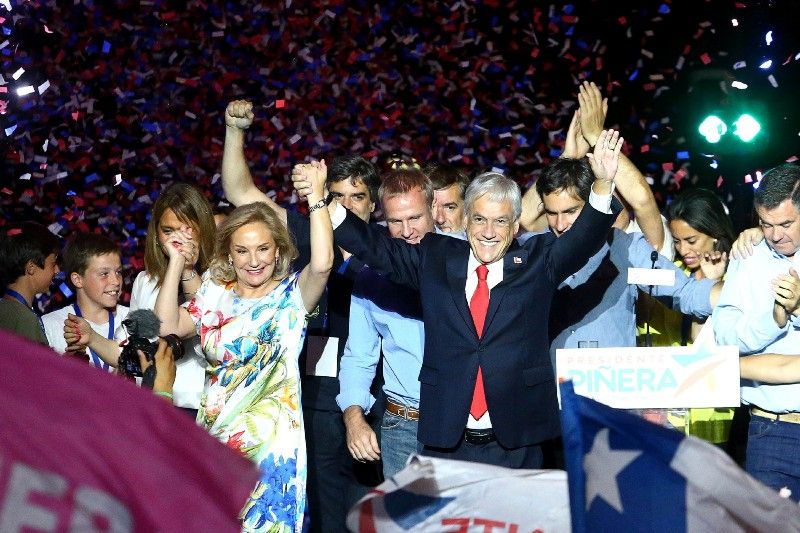December 19, 2017
Gujarat: Won. But lost.
The ruling BJP won 99 of the 182 seats up for grabs in Gujarat, home state of popular Prime Minister Narendra Modi. Sure, it’s a majority, but it’s down from the 115 seats it currently holds. A troubling omen ahead of national elections in 2019? As the BJP looks ahead, expect Modi to seek extra support by increasing social spending and loosening the reins on divisive Hindu nationalist elements within the party.
Chile: Right. Maybe.
Former president (and current billionaire) Sebastian Pinera handily beat his center-left opponent in Sunday’s presidential election. Commodity prices will help the economy, but a fractured congress will hinder Pinera’s ability to act. Meanwhile, fringe parties that outperformed in the first round of the election will look to maintain their momentum. Open question whether Pinera’s win is part of Latin America’s “swing to the right” or if we’re on the cusp of a deeper anti-establishment polarization in the country.
Catalonia: Separatism. Light.
Remember when the Catalan regional government held an illegal independence referendum, Spanish police cracked skulls, the Catalans declared independence, and then the Spanish government dissolved the government and called fresh elections? Those elections are this Thursday, and they’ll likely return another separatist-led minority government. Another unilateral push for secession seems unlikely unless separatists win a majority of the vote and/or the seats. Also, as a practical matter, most of the boldest separatist leaders are currently in jail.
More For You
Mastercard Economic Institute's Outlook 2026 explores the forces redefining global business. Tariffs, technology, and transformation define an adaptive economy for the year ahead. Expect moderate growth amid easing inflation, evolving fiscal policies, and rapid AI adoption, driving productivity. Digital transformation for SMEs and shifts in trade and consumer behavior will shape strategies worldwide. Stay ahead with insights to help navigate complexity and seize emerging opportunities. Learn more here.
Most Popular
- YouTube
Despite a ceasefire in Gaza, Israel is still not letting foreign journalists in to independently verify what’s happening on the ground, CNN’s Clarissa Ward tells Ian Bremmer on GZERO World.
- YouTube
On Ask Ian, Ian Bremmer breaks down the steady escalation of US pressure on Venezuela and why direct military action is now a real possibility.
US President Donald Trump arrives to announce reciprocal tariffs against US trading partners in the Rose Garden of the White House in Washington, DC, USA, on April 2, 2025.
POOL via CNP/INSTARimages.com
From civil conflicts to trade wars to the rise of new technologies, GZERO runs through the stories that have shaped this year in geopolitics.
© 2025 GZERO Media. All Rights Reserved | A Eurasia Group media company.
